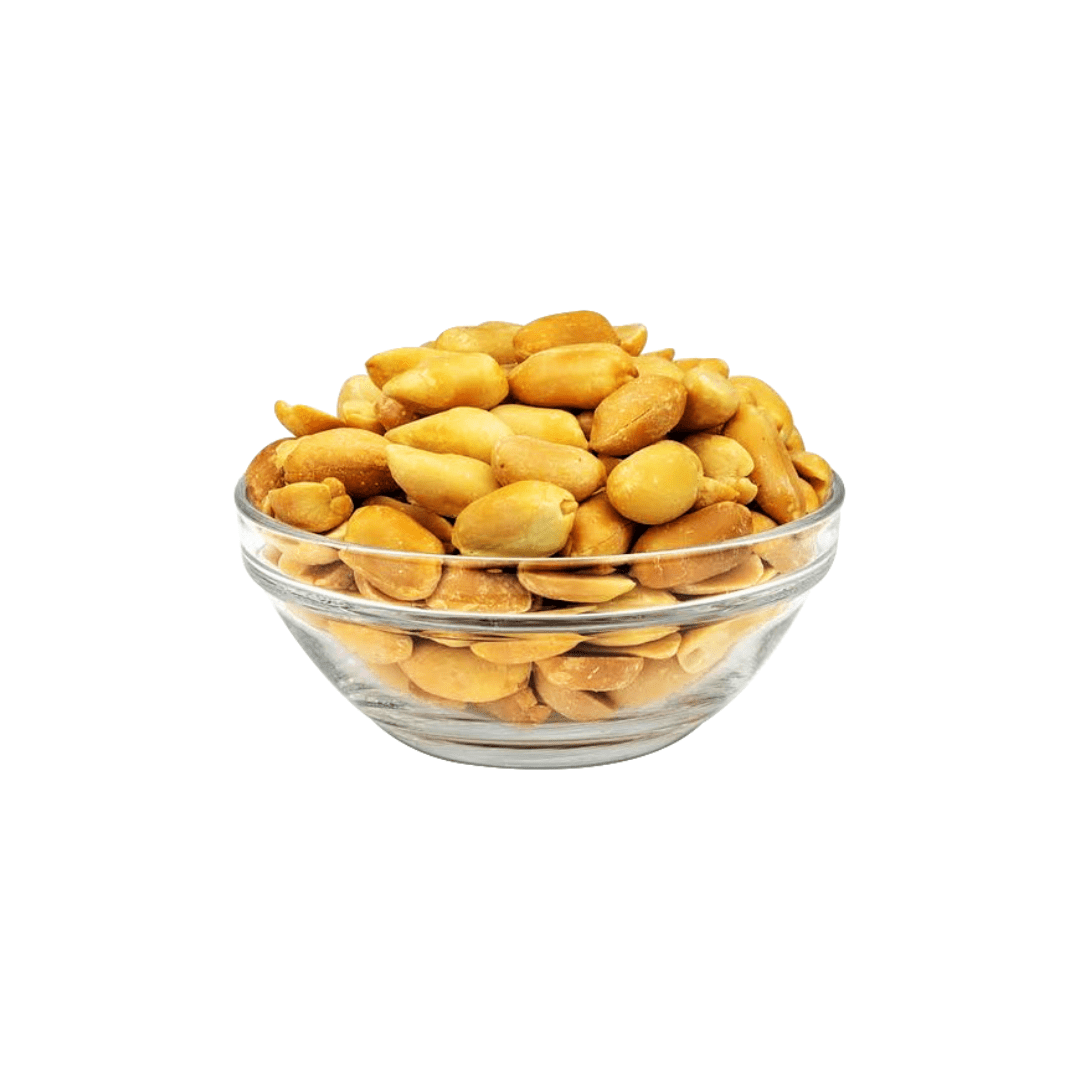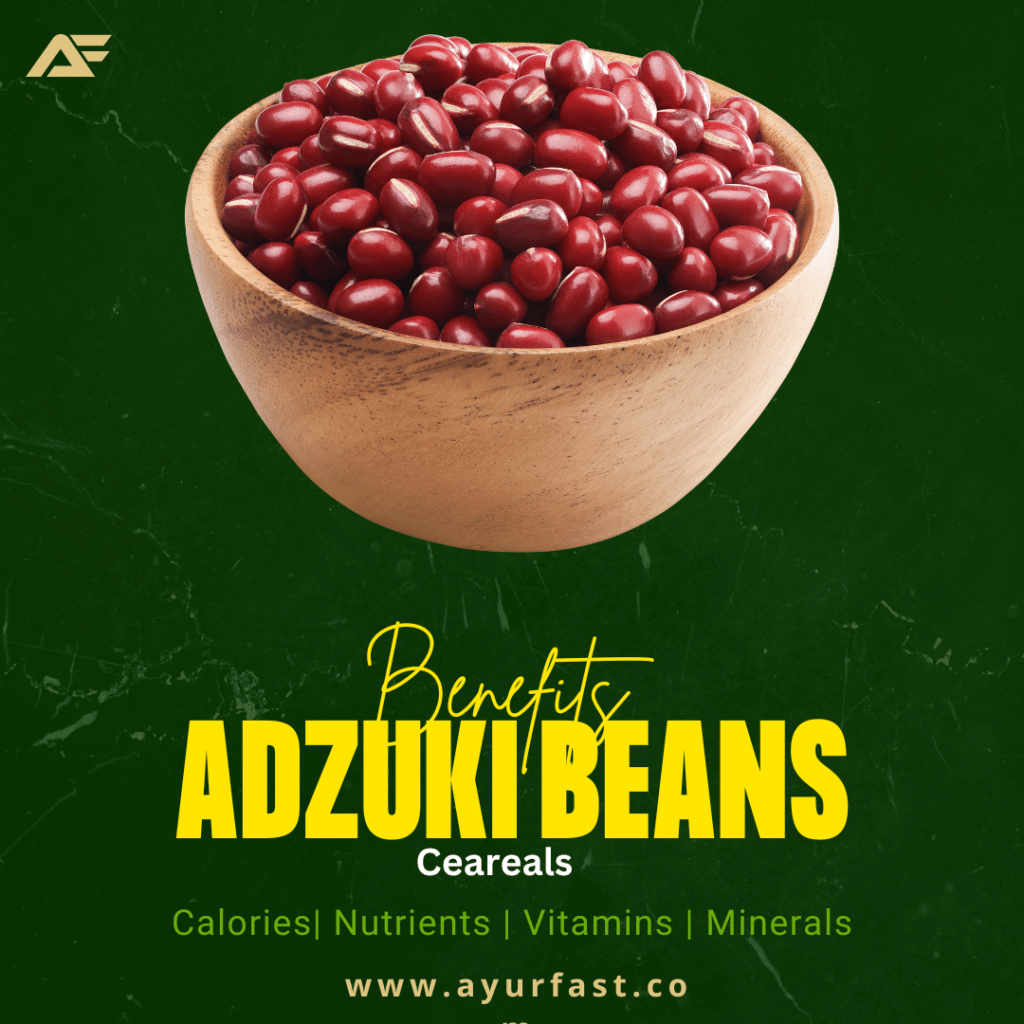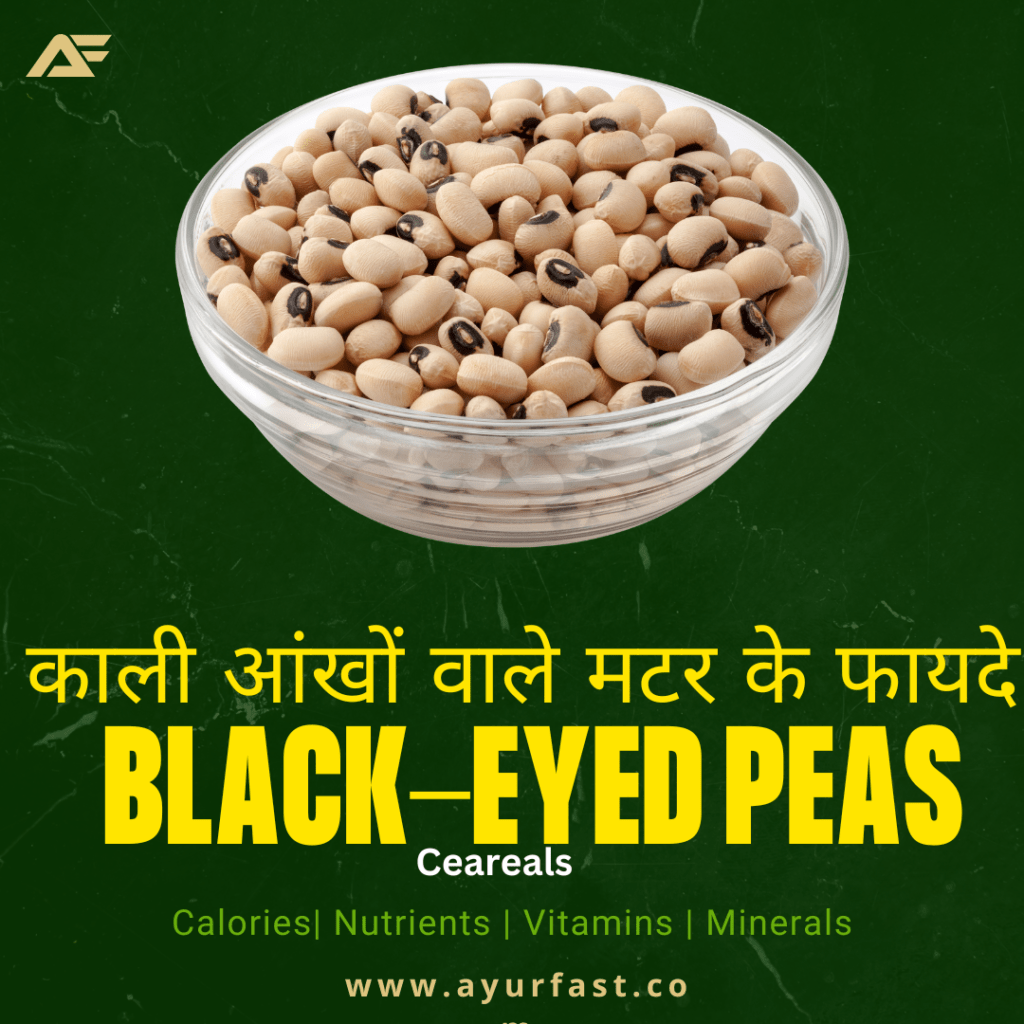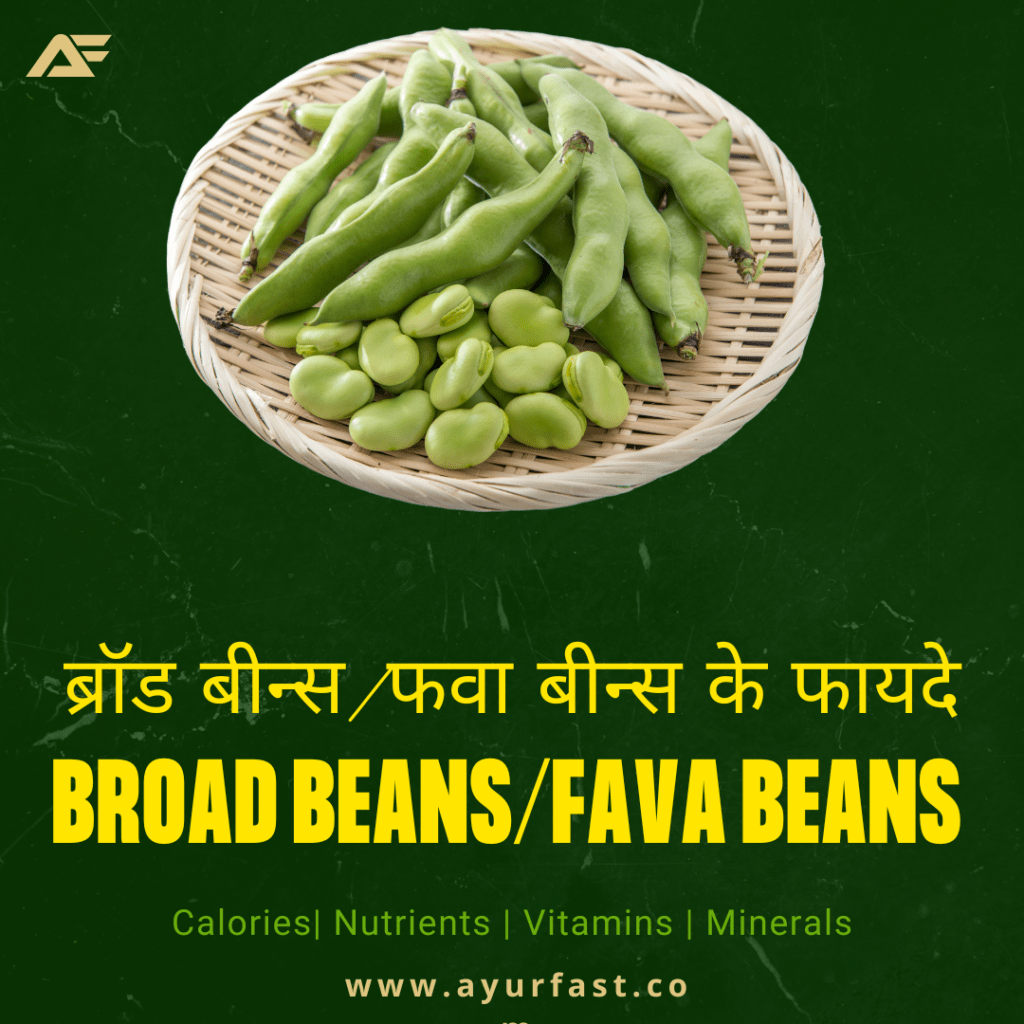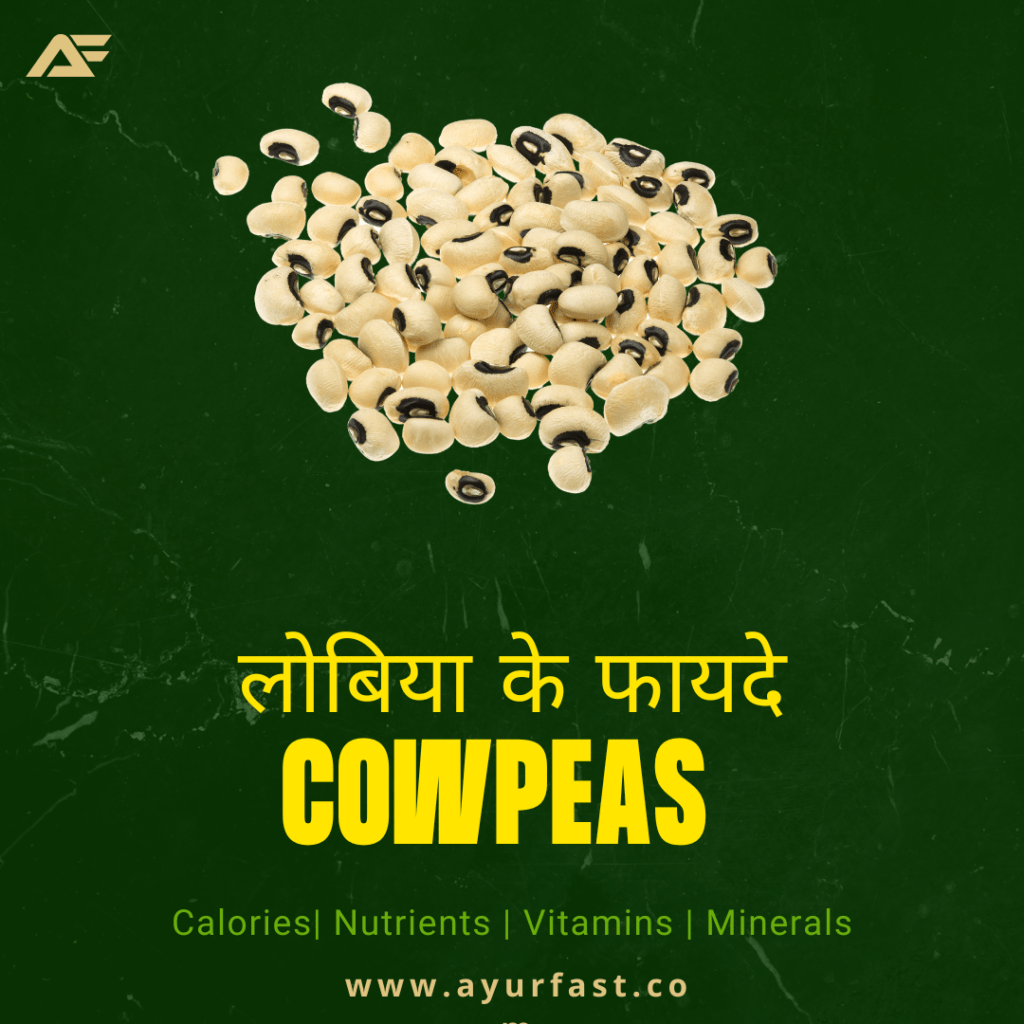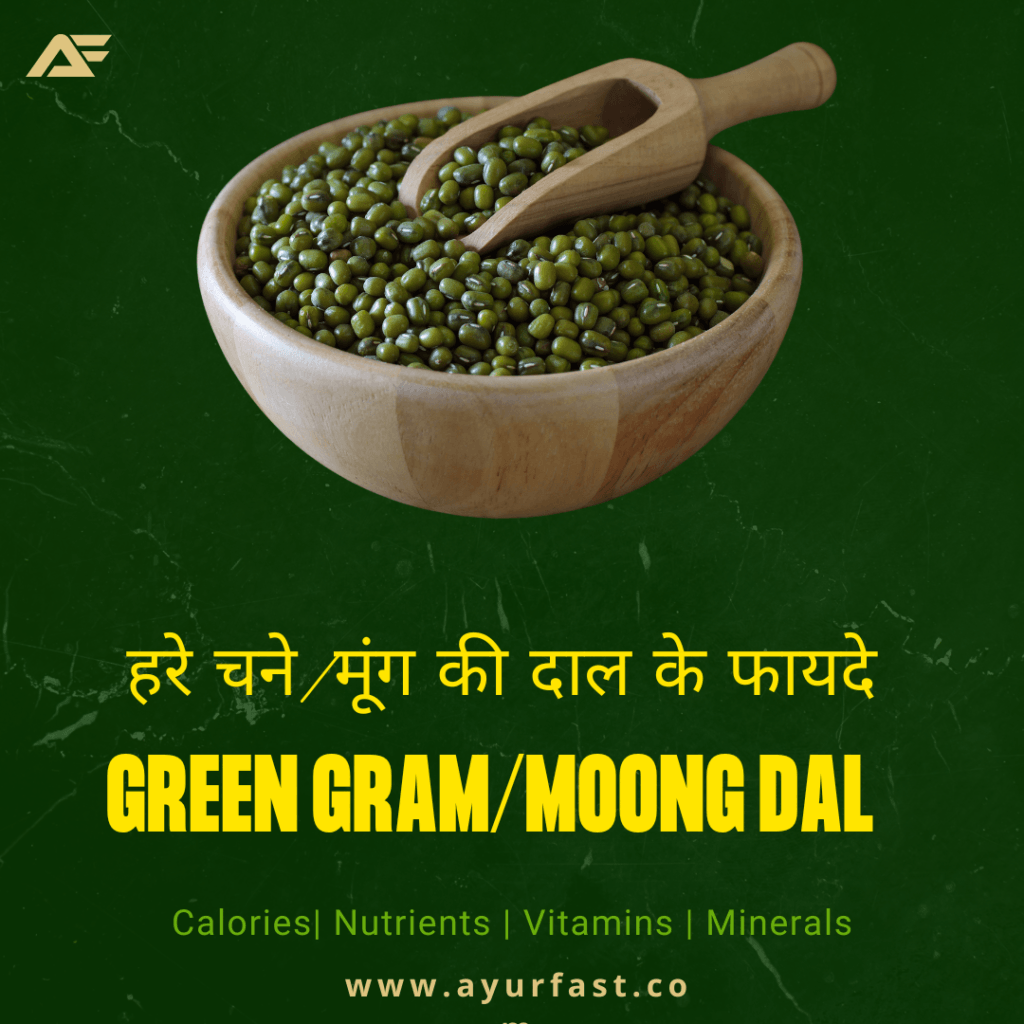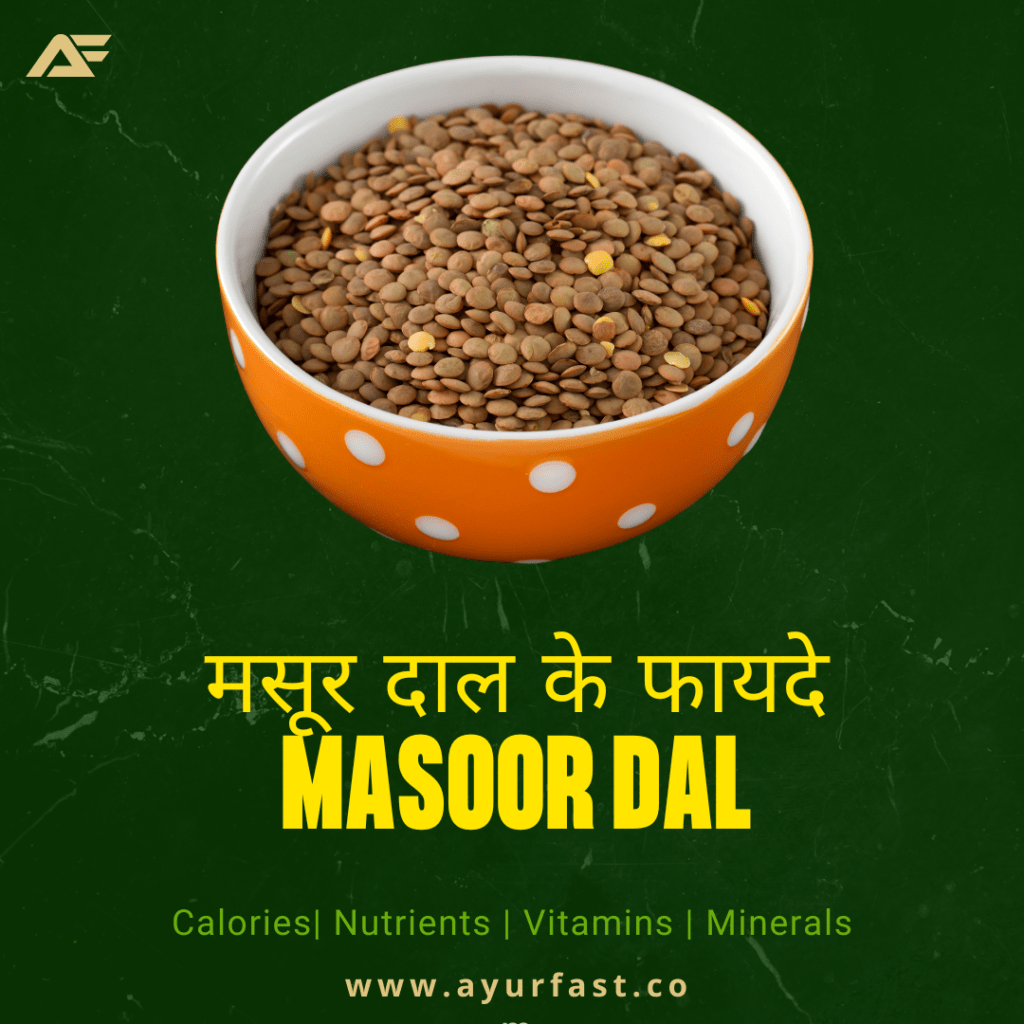About
Peanuts are a type of legume that grows underground, originating from South America. They are widely cultivated around the world and are known for their rich flavor, crunchy texture, and numerous health benefits.
Health Benefits of Peanuts:
-
Rich in nutrients: Peanuts are a good source of protein, healthy fats, fiber, vitamins, and minerals.
-
Heart-healthy: Peanuts contain monounsaturated and polyunsaturated fats that help to lower the risk of heart disease.
-
Regulates blood sugar: Peanuts have a low glycemic index and contain healthy fats and fiber which helps to regulate blood sugar levels.
-
Helps in weight loss: Peanuts are a good source of protein and fiber, which helps to keep you feeling full for longer periods, which may aid in weight loss.
-
Boosts immunity: Peanuts contain several vitamins and minerals such as Vitamin E, Zinc, and Selenium, which help to boost the immune system.
-
Good for brain health: Peanuts are a rich source of niacin, which helps to improve brain function.
Diseases that can be cured:
Peanuts have been shown to help prevent and manage a variety of health conditions, including:
- Cardiovascular disease
- Diabetes
- Obesity
- Cancer
- Alzheimer’s disease
- Gallstones
- Arthritis
Energy and Macronutrient Content per 50g serving of peanuts:
| Nutrient | Amount |
|---|---|
| Calories | 296 kcal |
| Carbohydrates | 10.6 g |
| Protein | 12.2 g |
| Fat | 24.8 g |
| Fiber | 5.3 g |
| Water | 2.2 g |
Vitamin Content per 50g serving of peanuts:
| Vitamin | Amount (mg) |
|---|---|
| Vitamin A | 1.7 mcg |
| Vitamin B1 | 0.2 mg |
| Vitamin B2 | 0.06 mg |
| Vitamin B3 | 7.1 mg |
| Vitamin B6 | 0.3 mg |
| Vitamin B12 | 0 mcg |
| Vitamin C | 0.9 mg |
| Vitamin D | 0 mcg |
| Vitamin E | 3.1 mg |
| Vitamin K | 6.2 mcg |
| Folate | 68.7 mcg |
| Biotin | 13.6 mcg |
Mineral Content per 50g serving of peanuts:
| Mineral | Amount (mg) |
|---|---|
| Calcium | 50 mg |
| Iron | 1.5 mg |
| Iodine | 1.2 mcg |
| Zinc | 1.3 mg |
| Magnesium | 107 mg |
| Phosphorus | 200 mg |
| Potassium | 328 mg |
| Sodium | 1 mg |
| Chloride | 17 mg |
| Copper | 0.4 mg |
| Chromium | 5.5 mcg |
| Fluoride | 24.5 mcg |
| Molybdenum | 9.2 mcg |
| Manganese | 1.3 mg |
| Selenium | 13.7 mcg |
Are peanuts actually a nut?
No, peanuts are not actually a nut, but a legume.
Are peanuts high in fat?
Yes, peanuts are high in fat, but it is mostly unsaturated fat, which is considered healthy.
What are some common peanut allergy symptoms?
Common peanut allergy symptoms include hives, itching, swelling, and difficulty breathing.
Can peanuts be part of a healthy diet?
Yes, peanuts can be part of a healthy diet as they are a good source of protein, fiber, and healthy fats.
How can I store peanuts to keep them fresh?
Store peanuts in an airtight container in a cool, dry place.
What are some popular peanut-based snacks?
Popular peanut-based snacks include peanut butter, peanut brittle, and roasted peanuts.
How are peanuts processed for commercial use?
Peanuts are typically roasted and ground into peanut butter or processed into other peanut products.
Can I grow peanuts at home?
Yes, peanuts can be grown at home in warm climates with sandy soil.
Are there any downsides to eating peanuts?
Peanuts are high in calories and may cause allergic reactions in some individuals.
How can I make my own peanut butter?
To make peanut butter, blend roasted peanuts in a food processor until smooth.
Are there any benefits to peanut oil?
Peanut oil is high in monounsaturated and polyunsaturated fats, which are healthy fats that may improve heart health.

